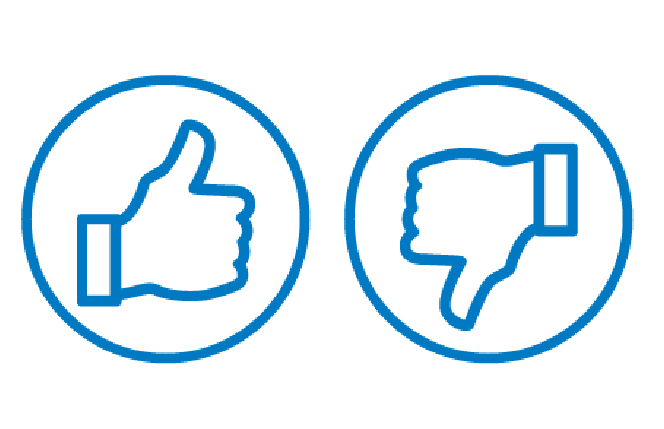Understanding The Signs And Effects Of Substance Use
Jul 01,2024
Read Time 4 Minutes

Signs Of Alcohol Use
Even though alcohol is legal for adults over 21 years old, it is still considered a substance that can be misused. And just like it’s possible to become dependent on a drug like heroin, it’s also possible to become dependent on alcohol. The following signs and symptoms may be a signal that someone needs help. Even one of these symptoms is cause for concern but the more that apply, the more urgently help may be needed. You or someone you care about may need help if you or they:
- End up drinking more, or longer, than intended.
- Wanted to cut down or stop drinking in the past but couldn’t.
- Spend a lot of time drinking, being sick from drinking, or getting over other aftereffects.
- Have wanted a drink so badly it was hard to think of anything else.
- Find that drinking — or being sick from drinking — often interferes with relationships, work, or school.
- Have given up or cut back on activities you found important or enjoyable in order to drink.
- Got into situations while or after drinking that increased the chance of getting hurt, such as driving or unsafe sexual behavior.
- Continue to drink even though it causes anxiety or depression or adds to another health problem.
- Have to drink much more than you once did to get the effect you want.
- Notice withdrawal symptoms when the effects of drinking wear off, such as trouble sleeping, shakiness, restlessness, nausea, sweating, or a racing heart.
Signs Of Drug Use
Drug use can include the use of legal and illegal recreational drugs like marijuana, opioids, cocaine, or methamphetamine, as well as the misuse of certain prescription medicines. Dependence can develop with any of these drugs, and it may happen before a person even realizes it. There are certain signs to watch for if you’re wondering if you or someone close to you is struggling with drug use, including:
- Feeling the need to use the drug regularly.
- Needing more of the drug over time to get the same effect.
- Maintaining a supply of the drug.
- Spending money on the drug, even though you can't afford it.
- Continuing to use the drug when you know it's causing problems in your life.
- Doing things to get the drug that you normally wouldn't.
- Failing in any attempts to stop using the drug.
- Experiencing withdrawal symptoms when attempting to stop taking the drug.
- Having problems at school or work or with meeting responsibilities.
- Experiencing physical health issues.
- Noticing changes in behavior.
Long-Term Effects Of Substance Use
The long -term effects of substance use can depend on the specific substance a person uses, how long they’ve used it, and other individual factors. The good news is, that many of the effects of alcohol and drug use can improve with treatment and with maintaining long-term recovery. Those who struggle with substance use may have an increased risk of:
- Memory loss or loss of nerve function.
- Heart or liver failure.
- Respiratory issues.
- Cancer.
- Kidney failure.
- Seizures.
- Other mental health conditions.
Finding Help
Substance use disorder is a condition that needs ongoing treatment. Even for those in recovery there is always a chance of relapse, so it’s important to keep up with treatment in the long term. That may include behavioral approaches like talk therapy, group counseling like Alcoholics or Narcotics Anonymous, or medication-assisted therapy.
If you have an Anthem health plan, you may have benefits that can help with the cost of treatment. Log in to the Sydney℠ Health app or anthem.com to review your benefit details and find treatment options in your plan’s network.
You can also visit the Substance Abuse and Mental Health Services website at samhsa.gov/find-help for more information on treatment options and support in your area.
Sources:
American Addiction Centers: Long-Term Effects Of Drug and Alcohol Addiction (April 26, 2024): americanaddictioncenters.org.
Cleveland Clinic: Substance Use Disorder (SUD) (October 20, 2022): my.clevelandclinic.org.
National Institute on Alcohol Abuse and Alcoholism: Understanding Alcohol Use Disorder (January 2024): niaa.nih.gov.
Mayo Clinic: Alcohol use disorder (May 18, 2022): mayoclinic.org.
Mayo Clinic: Drug addiction (substance use disorder) (October 4, 2022): mayoclinic.org.
Sydney Health is offered through an arrangement with Carelon Digital Platforms, a separate company offering mobile application services on behalf of your health plan.
1070600MUMENMUB 05/24
